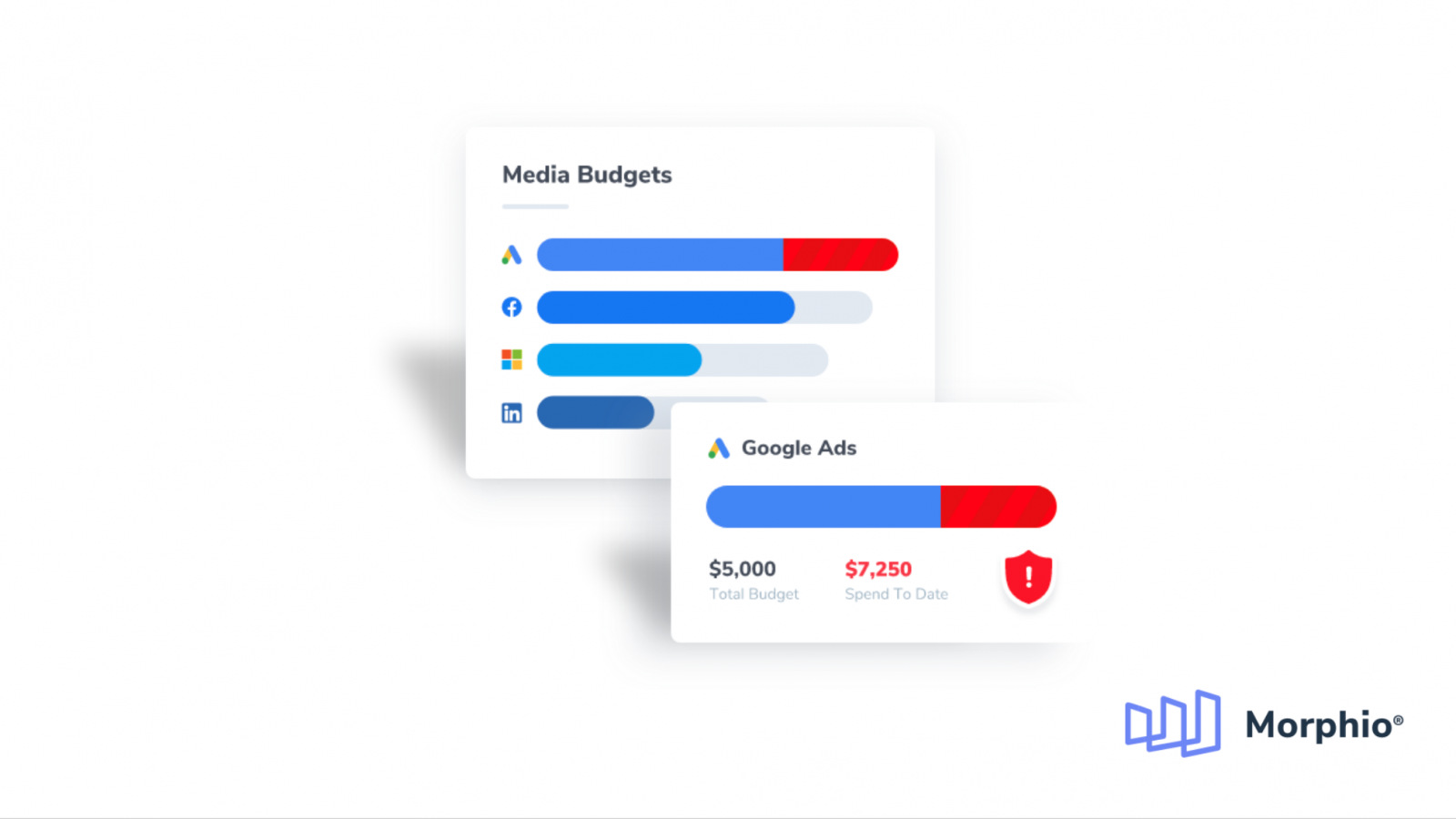
Budget control remains one of the most challenging features of a digital marketers role. Getting the best result, for as little spend as possible. Managing levers across lots of different platforms to maximize opportunities when they arise and minimize risks when downward trends occur.
The key word there is risk. We recently discussed how PPC overspend is a multimillion dollar industry in its own right. There is barely a digital marketing agency out there that hasn’t contributed to it at some point and who has found themselves across the table from an angry client armed with an apology and a margin-eating refunding cheque.
The truth is: if you don’t have a system for managing budget control, you don’t have a system for managing risk.
With that in mind, here are three tips to prevent PPC overspend:
Utilize Native PPC Platform Budget Controls
Arguably the simplest of the recommendations, but it is worth pointing out that digital marketing ad platforms do not purposefully go over budget, as much as that might fit a more conspiratorial narrative. Google’s guiding principles are easy enough to find. It will, on occasion, spend up to twice as much as your prescribed daily budget in order to pursue available opportunities. That is kept in check with a hard line on a monthly budget, limited to no more than 30.4 multiplied by your daily budget.
The easiest way to ensure you won’t go over budget is to simply adhere to that system. Media budget divided by 30.4; then have faith that daily fluctuations will balance out. Here’s the kicker: you won’t be as competitive. Effectively 0% of the top digital marketers I know treat the daily budget limit for its intended use. That is for the simple reason that a higher budget means the campaign has more breathing room to learn and go after available opportunities. So platform controls will keep you on track, but potentially at the expense of the best return on spend.
Focus on Key PPC Platforms
Budget control and preventing overspend within one PPC platform can be challenging enough. It is made all the more challenging when you factor in a broader ecosystem of multiple platforms and managing a single budget across them all.
The same pressures exist in terms of maximizing return by shifting budget to high performing campaigns. But the more you add or detract from that budget the more inefficient some of the platforms’ native budget controls (especially those that operate by calculating a monthly total based on multiplying dailies) will be.
Frankly there’s no easy answer to this issue. Operating with fixed “by platform” budgets is a massive restriction on optimization efforts, but a single fluid budget comes with a lot of risk – unless closely monitored. The best advice is to really scrutinize the PPC platforms you operate across and trim to a manageable amount. Shifting budgets to maximize return across 2 or 3 platforms is going to be easier (and less risky) than across a suite of 5 or 6. Ensure that the decisions you make to bring in net new platforms balances net new conversion potential with the untapped potential of existing platforms, and the risks involved with spreading yourself too thin.
Digital Marketing Budget Tool
Lastly, there’s the option to add to your toolkit. Digital marketing budget tools track live spend against your expected spend across PPC platforms. Our tool, Morphio, will also alert you when you’re spending too much and will then guide where to move budgets between platforms to maximize results from high performing campaigns.
The drawback, as with any toolkit addition, is both financial and time. You can attempt to circumnavigate by building these functions in spreadsheets – but the maintenance and risk of error generally Morphio makes this complex monitoring and alert system accessible to every digital marketer. Set a budget (monthly or limited time), set a cadence for your alerts, and that’s it. As soon as budgets start to pace incorrectly you’ll get alerted, and you’ll get recommendations on how to change investment levels. Of course any cost is likely to be a fraction of a refunding cheque after a budget is accidentally blown – so ensure to factor that into your decision making.